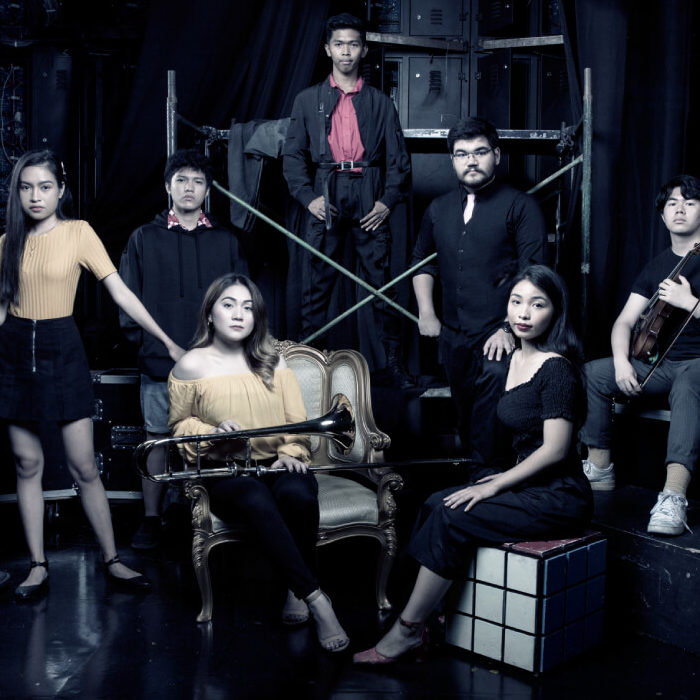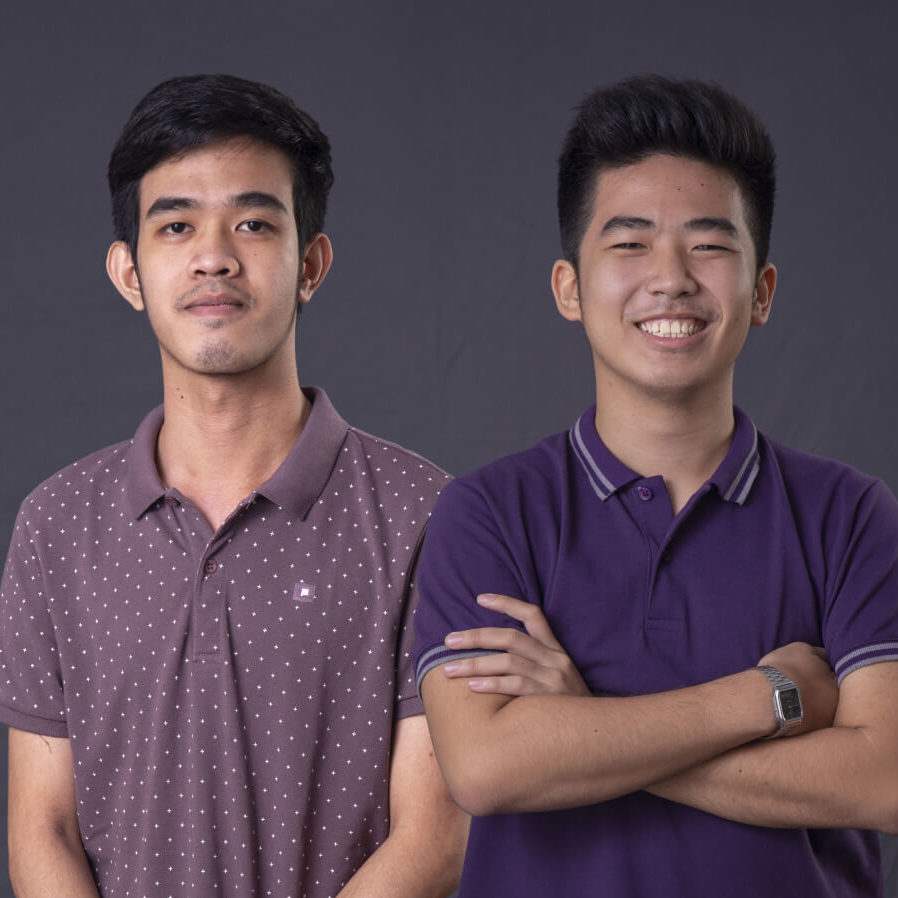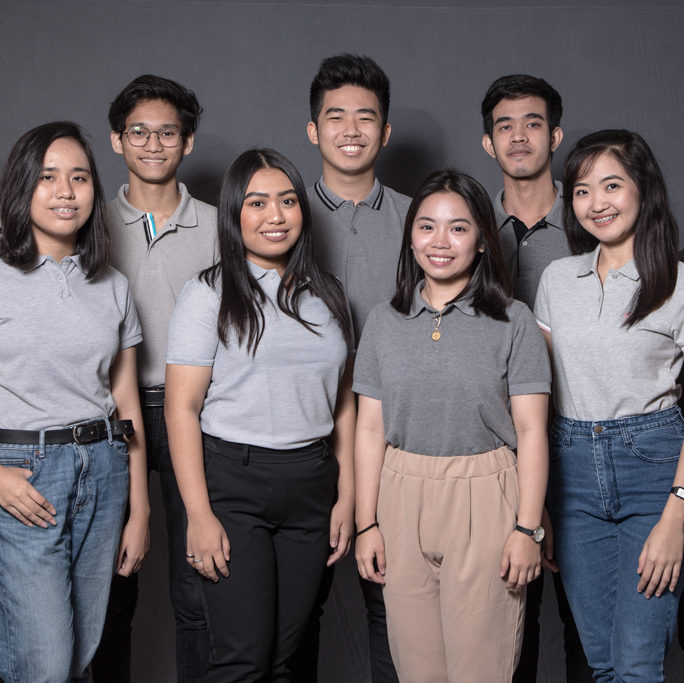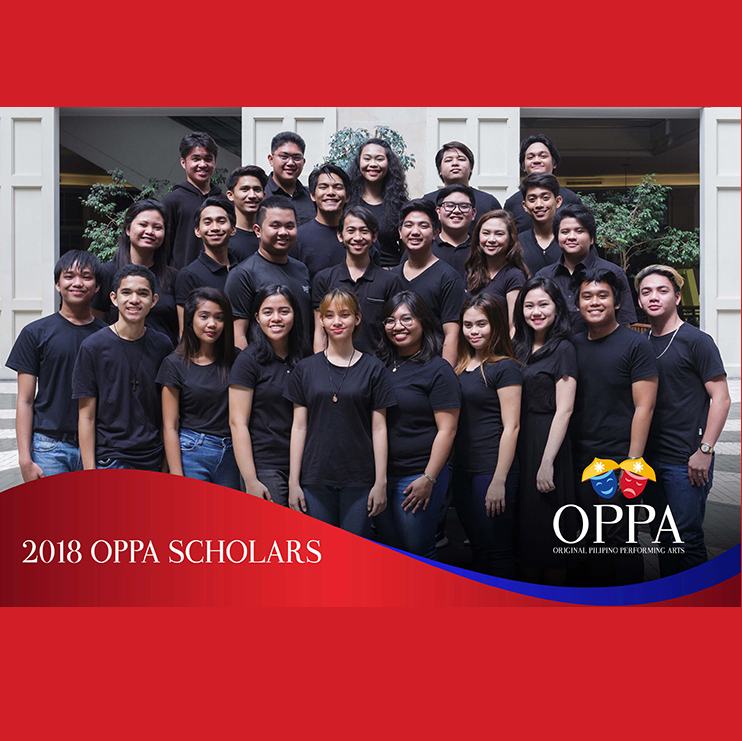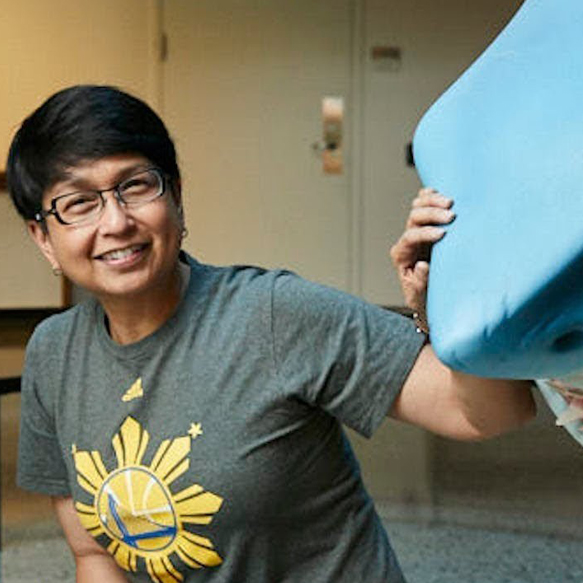The show must go on
May 27, 2017 9:13 am
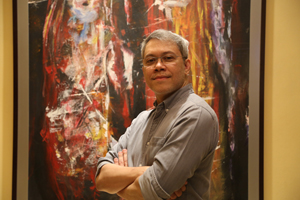
OPPA vice president and board member, artistic director of Full House Theater Company Michael Williams (Manila Bulletin)
Today, March 27, marks the annual observance of World Theatre Day and the Original Pilipino Performing Arts (OPPA) Foundation celebrates with the whole world by featuring one of Philippine theater’s most avid vanguards, OPPA vice president and board member, artistic director of Full House Theater Company, actor, director, and mentor Michael Williams.
Philippine theater is for everyone. But that innate passion and determination to be one of its unwavering advocates is a calling.
Such calling was heard early by Michael Williams when he found himself immersing on a double-album cover sleeve of Camelot which generously displayed a colorful artwork of the musical’s characters. “My father loved music. He had a music room that was completely corked and thousands of records there, with two open-reel tape decks, two record players, all sorts of gadgets and sound equipment. The entire house was wired for sound,” he shared.
Growing up, music proved to be the gateway for Michael who said that listening to the songs of Camelot and looking at its photos helped him discern the musical’s story. “That’s how I became interested in the idea of music as storytelling. So I’ve always liked songs that were dramatic, that had a narrative. And then I kind of parlayed into musicals,” he revealed.
From then on, Michael had accepted his calling to be an actor. While he was anyone’s regular computer major dabbling in gadgets and electronics back in college, his keenness on performing arts never wavered. “I was a Geek. I liked electronics, I had a science laboratory kit, and walkie-talkies. I didn’t know if I liked movies more than anybody else but I liked watching foreign films. Through college, I got bitten by the bug and that was it”.
Michael auditioned for Repertory Philippines and was taken under the wing of the legendary Zenaida Amador. With his talent being spotted early by his mentors, Michael soon enough found himself taking on lead roles—and after a few years on the local stage, found his career catapulted to international heights including being a cast member of the original London production of Miss Saigon in 1989 and a West End production of The King And I in 1990.
With over 100 roles to his credit, Michael’s journey as one of the most passionate and respected pillars of Philippine theater has steered him into more serious matters.
“I think we’re still quite young and are not quite recognized yet as an industry,” according to Michael. “We don’t have all the benefits of a regular employee—we don’t have PAG-IBIG or SSS, although we pay taxes”.
Though numerous respectable theater companies are already in place throughout the country, not to mention the wealth of talent to fuel its productions, Michael still feels that much has to be done to truly organize the industry. With issues on the lack of actor’s equity, labor issues, no regulation for international stage productions, a relatively small market for local ones, and even the colonial mindset of some where they believe that international productions are automatically better than Filipino ones, Michael takes on another important role as OPPA vice president and board member, and as Full House Theater Company’s artistic director.
“It’s very interesting because it’s a growing industry and I like the idea of being a part of shaping it,” he shares. “I’m on the board of OPPA whose mandate is to support and nurture local work and local performers, and support live performances such as those we stage at the Newport Performing Arts Theater”.
Recognizing that there is a new revolution in Philippine Theater and how the country’s artists and its productions have what it takes to be Asia’s Broadway, Michael remains positive on the future of the art form and the direction that it is treading globally.
“There are a lot of things happening right now so it’s like the wild, wild west of theater in Asia,” says Michael. “I think one who we might see as a competitor is Singapore where they have a number of theater companies supported by the government. When I was there a few years back, they had nine theater companies who were supported by the government and they regularly turn out new work. Of course they can afford to bring in trainors, teachers, mentors and they provide workshops. So they were positioning themselves as the Broadway of Asia. But I think it’s just right up the Pinoy’s alley. We are natural performers,” he added.
Michael also noted the support of such government agencies as the National Commission on Culture and Arts (NCCA) who grants such deserving bodies such as Writer’s Block. “They mount new untested, untried, original work. They produce a lot of really good material there– a lot of good potential. It’s really the artists who are still fighting for it. Fighting to keep, maintain and support the culture and the Writer’s Block’s works is very important in that sense”.
With his new role in OPPA, Michael hopes to address the persistent issues hounding Philippine theater today while instituting new habits for the younger generation and welcoming new circles that can really make a difference.
“It’s not like it’s totally bleak. I think it’s quite surprising and a testament to the spirit of the artist that in spite of the economic crash not too long ago, you still saw the burgeoning of the theater industry, the development and establishment of new theater companies. They’re very daring in spite of the challenges,” Michael says. If there is one thing that continues to resonate with Michael with all the years he spent under the wing of the late great Zenaida Amador, it is that “the stakeholders must work towards creating a social habit of going to the theater. They must commit to it almost like an advocacy because not only will it be great for the industry but it’s a cultural activity as well”.
Asked how he wants to see Philippine theater in the next few years, Michael has this to say: “Supporting OPPA’s vision, I would like to see it become a full-fledged industry with all the protection and benefits that a worker deserves. I would like to see a more professional industry where the industry polices itself and its practitioners with better ethical behavior. I would like to see a great industry that uses the power of art to transform, educate and uplift its audience. And I would like to see theater become a social habit especially among the young people who I hope would choose theater as opposed to just watching movies or hang out at Starbucks. You know, do something worthwhile and see it as viable entertainment.”
Categorised in: News
This post was written by admin
